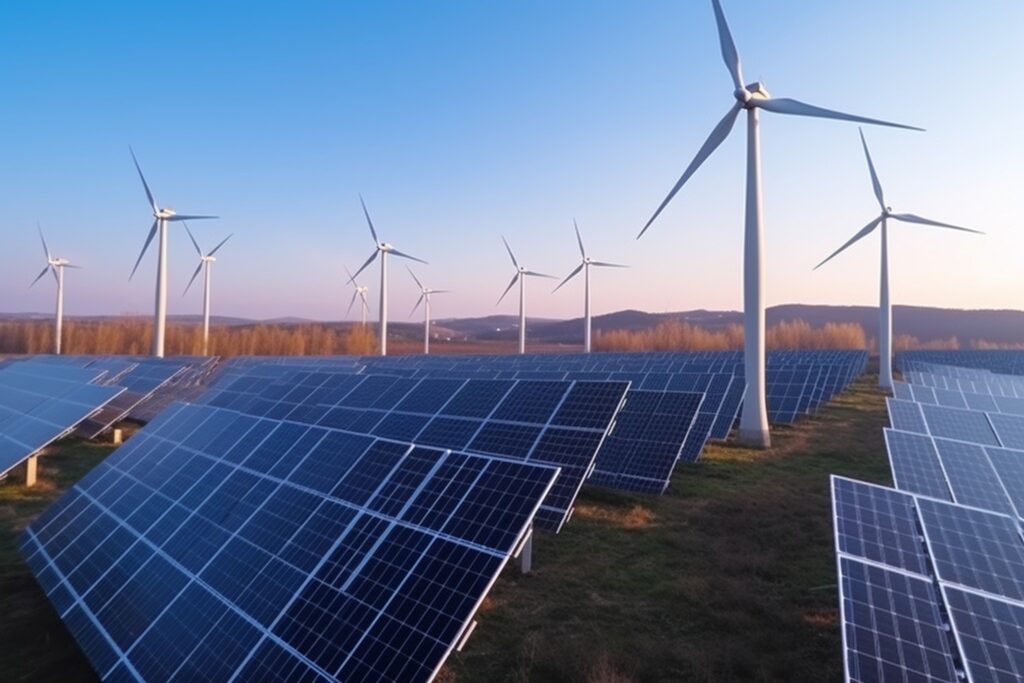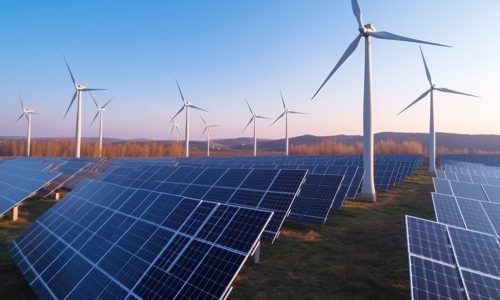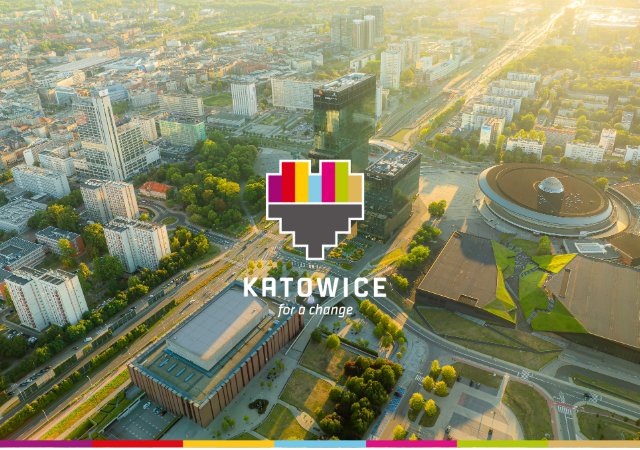Poland is on the cusp of an energy revolution that has the potential to radically change the country’s heating landscape in the coming decades. “The Concept for Decarbonization of District Heating in Poland,” a document developed by the National Center for Research and Development (NCRD), presents a detailed plan for transforming the district heating sector by 2050. The strategy is part of a broader update of the National Energy and Climate Plan 2021-2030, recently published by the Ministry of Climate and Environment.
The plan aims to reduce heat demand from the current 265,000 TJ/year to 135,100 TJ/year by 2050. This is to be achieved through a combination of thermal retrofitting of existing buildings and replacing them with modern, more energy-efficient structures. This ambitious approach aims not only to reduce emissions, but also to increase overall energy efficiency across the sector.
NCRD’s analysis shows that the future of Poland’s electricity system will be based mainly on renewable sources, such as wind power (both offshore and onshore) and photovoltaic power plants, supported by nuclear power plants and biomethane-fuelled gas power plants. The latter will act as dispatchable systems, complementing the work of weather-dependent energy sources.
Energy storage will be critical to stabilizing an electricity system that will become increasingly dependent on weather conditions. In the short term (hours), this role will be played by pumped storage and batteries. In the medium term (days), heat storage will be important, while in the long term (months), chemical carriers such as biomethane and green hydrogen will serve as energy storage. Total thermal storage capacity is expected to exceed 800 GWh.
The implementation of the “Decarbonization Concept for District Heating” will not only help Poland achieve its climate goals, but will also put our country at the forefront of countries striving for sustainable and responsible use of energy resources. This is a project that requires integrated action at several levels of government, from local to national, and extensive cooperation between the public and private sectors.
NCBR opracował „Koncepcję dekarbonizacji ciepłownictwa systemowego” – Nowa Energia (nowa-energia.com.pl), dostęp: 7.06.2024.






